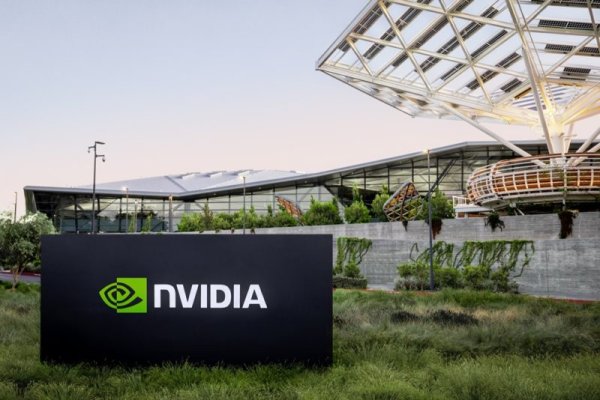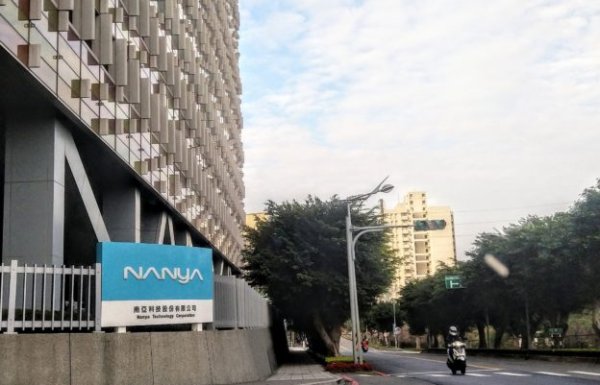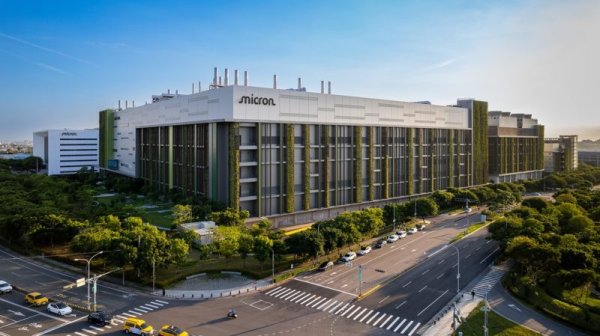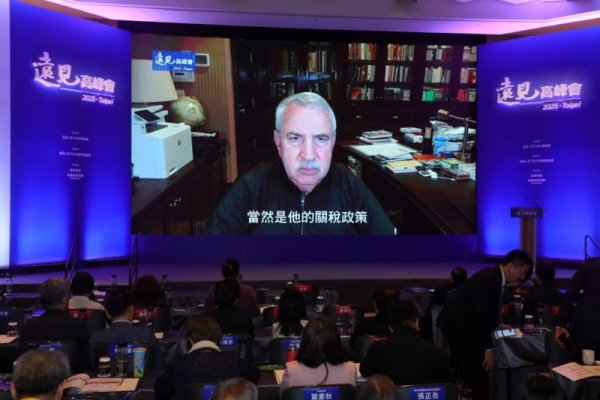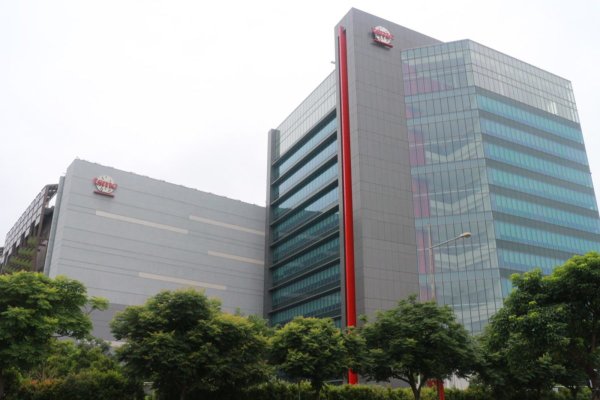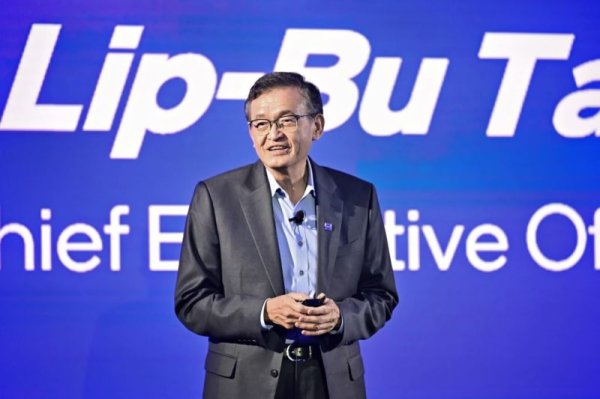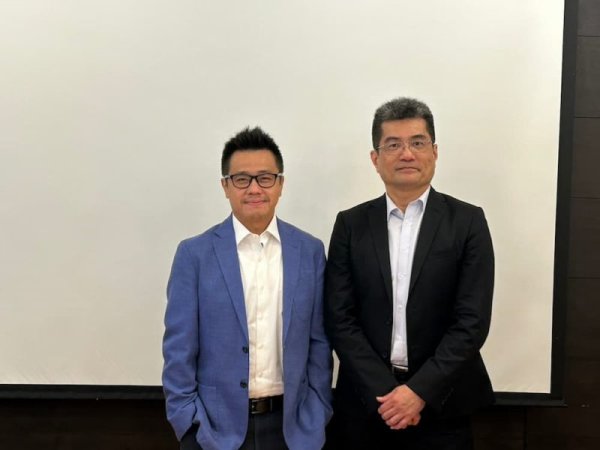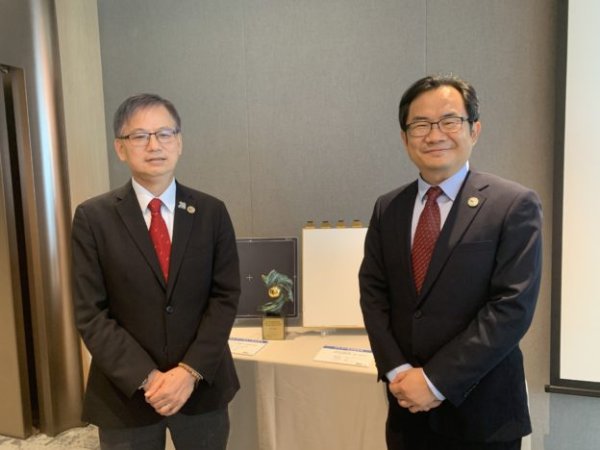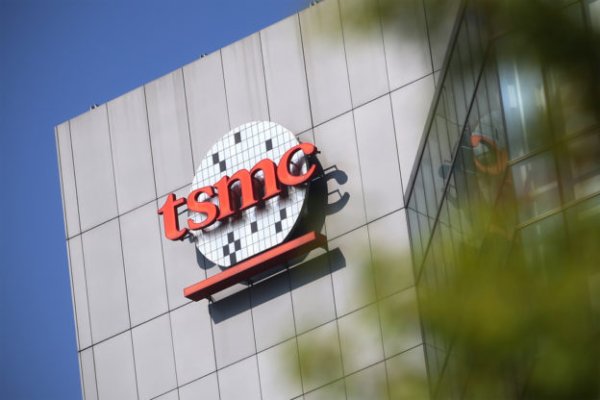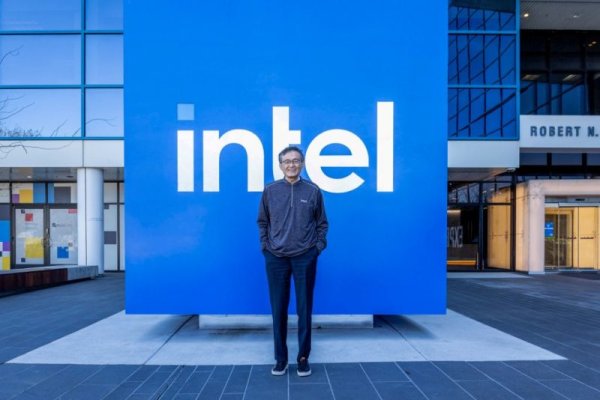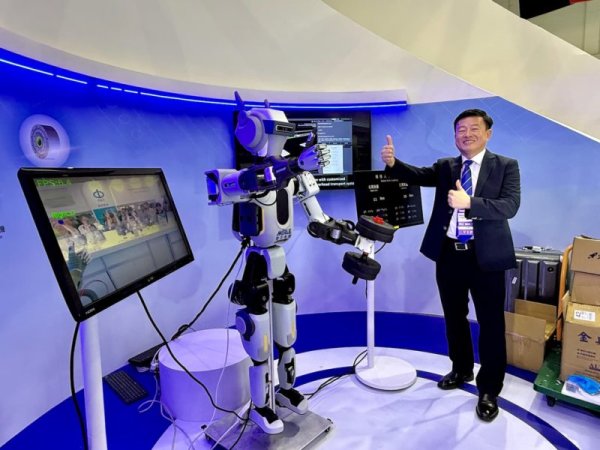Pulitzer Prize winner s speech warns that the era of certain US presidents support for Taiwan is over
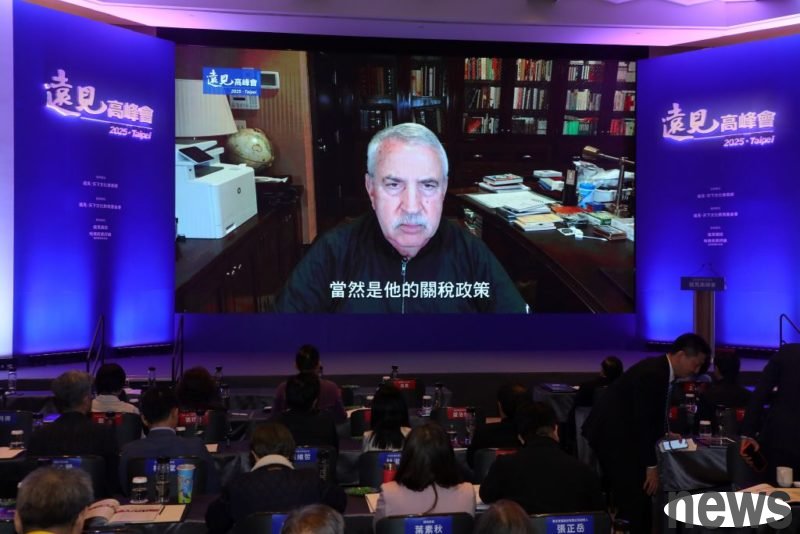
Pulitzer Prize winner Thomas Friedman said that the biggest challenge facing the world currently revolves around U.S.-China relations. He made a grim observation about Trump's possible second term and gave a detailed analysis of his tariff policy towards China, while providing Taiwan with dual strategic suggestions for surviving between the two major powers.
At the "23rd Vision Summit 2025" on the 5th, Thomas Friedman gave a speech titled "The Uncertain World in the Trump Era" and said that the core feature of Trump's return to the White House will be that he will no longer be surrounded by traditional "buffers" (buffers), but will be surrounded by "amplifiers" (amplifiers). This makes many traditional checks and balances mechanisms no longer exist. The president has dramatically expanded the boundaries of his authority, including imposing tariffs at his own volition, dismantling agencies funded by Congress and even conducting maritime military operations, and the legality of those tariffs will be challenged in the U.S. Supreme Court this week. Thomas Friedman described Trump as an impulsive, uninhibited and hyper-nationalist leader.
For Thomas Friedman, the most disappointing aspect of Trump’s presidency is that he chose to rule “by dividing rather than adding.” Trump is happy to serve as president for only half of the United States and regards the Democratic Party as an "enemy" rather than a political "opposition". This is extremely detrimental to the healthy development of American society. He warned that if the president only recognized the legitimacy of half of its citizens, the United States would never reach its full potential. In addition, the Trump administration's attempts to stifle the domestic clean energy industry, including electric vehicles and wind energy, are "absolutely wrong" and may lead the United States to switch from importing Saudi oil in the past to importing Chinese clean energy tools.
Regarding the US-China trade friction that is of concern to the outside world, Thomas Friedman holds a "divided into two" stance and supports in principle the adoption of serious tariff policies against China. He believes that despite the collapse of the domestic housing market and sluggish consumer spending, the Chinese government still decided to double investment in export factories, which resulted in China manufacturing one-third of the world's products. Thomas Friedman emphasized that this model of over-reliance on exports is unsustainable and unhealthy for China, the United States and even the world.
However, he also "completely does not support" Trump's way of implementing tariffs, believing it to be an "incoherent strategy." He listed four key failures. The first is the lack of strategic secrecy, that is, the tariff policy should be carried out "quietly, even secretly" instead of waking up one day and announcing a 145% tariff in a high-profile manner to embarrass the Chinese leadership. The second is to ignore China's bargaining chip. When Trump launched the tariff war, he failed to fully understand China's "complete dominance" in the rare earth industry. If China uses this leverage, it can effectively shut down advanced manufacturing industries across the United States.
Third, Thomas Friedman considered it an isolated ally. Because facing the world's second largest economy, the United States needs collective action from its allies. However, Trump instead imposed tariffs on all allies and China, which greatly weakened the United States' negotiating leverage. Finally, domestic investment is ignored. Because tariffs should only be short-term measures, the purpose is to buy domestic industries time to grow. However, the Trump administration has cut research funding for American universities, raised the cost of skilled immigrants (H-1B), and even excluded top students from China, effectively telling them to "get off our lawn."
Thomas Friedman firmly believes that the US-China relationship is the most important bilateral relationship in the world today. The relative peace and prosperity that the world has enjoyed since the late 1970s is inseparable from the relationship between the United States and China. Thomas Friedman described the changes brought about by technology as "the world is flatter than ever before." He mentioned that the world has "converged" due to the combined effects of connectivity, computing power and climate change.
He also emphasized that interdependence is no longer our choice, but our condition. We must thrive together or fall together. Both Beijing and Washington hawks must understand this. If the United States and China truly decouple, the world will "deeply miss" this connection. He suggested that the leaders of the two countries should talk to each other once a week instead of meeting for only two hours every six months.
As for, at a time when U.S.-China relations are highly tense, Thomas Friedman’s advice to Taiwan is to be extremely cautious. Including, Taiwan should "keep my head down" (keep my head down), avoid any rash actions, and focus on running the excellent economy it already has. Every year without military action is a good year. He admitted that Taiwan must swallow some of its "pride and ambition" but should remain resilient.
In addition, Taiwan’s best defense is to make itself “indispensable” in the global technology supply chain. For example, if Taiwan Semiconductor Manufacturing Company (TSMC) is threatened, the global supply chain will not be able to find substitutes. Finally, we need to take the dual route of "porcupine" and "low-key". Taiwan's ultimate strategy is to take care of both sides. On the one hand, it must be as difficult to attack as a "porcupine". On the other hand, it is important to remain cooperative, peaceful, and low-key so as not to attract attention.
Thomas Friedman warned that the era when it was certain that the US president would support Taiwan is over, and took the situation of Ukrainian President Zelensky as a lesson. Nonetheless, he believes that if Trump betrays Taiwan's freedom and democracy to China, he will leave the "most shameful" infamy in the history of U.S. presidents. He encouraged Taiwan to "keep doing what it's doing" because it will only bring more options.


